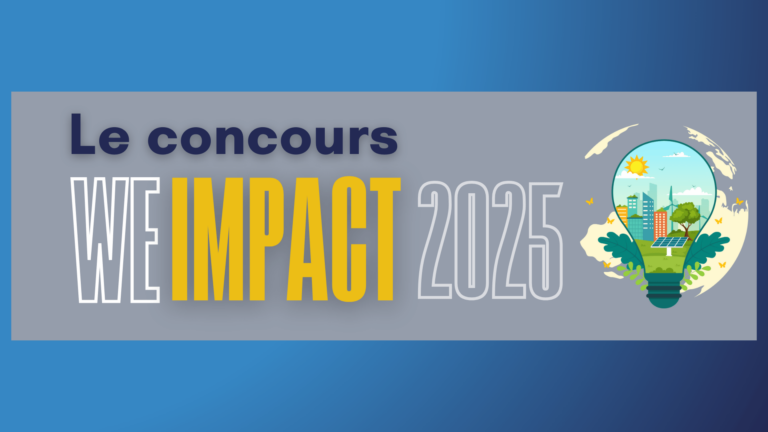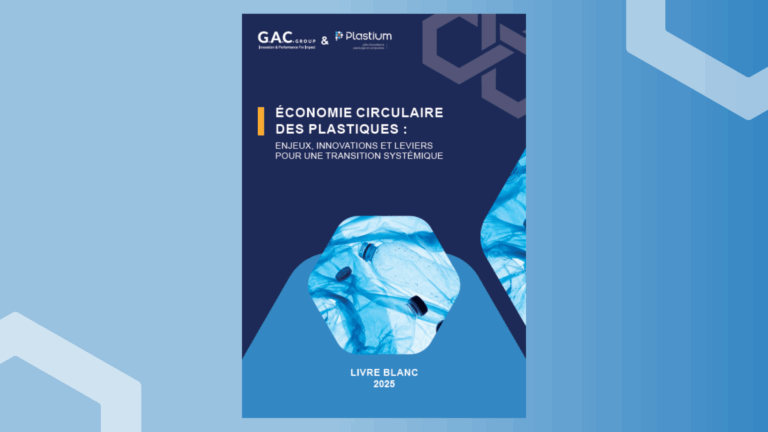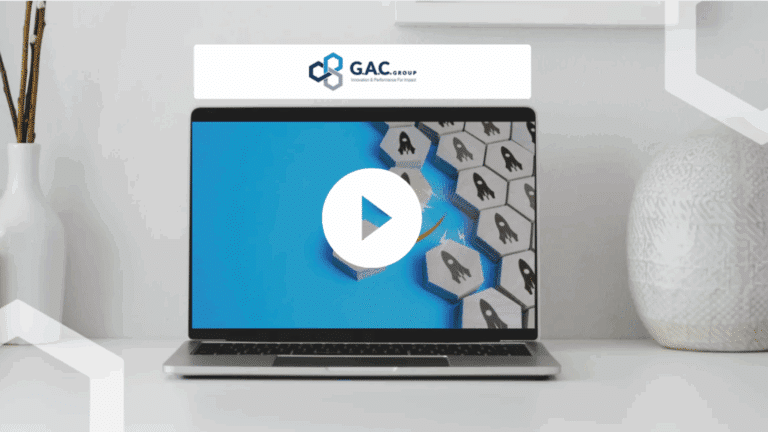Interview of Remi Boisson, Co-founder of Sartup Extracadabra: platform for connecting qualified profiles with restaurants, bars, caterers or hotels
"To innovate, you have to be curious about everything, constantly on the lookout, and not just for your own field of activity - on the contrary, especially for other fields of activity. different of his... "
This interview took place as part of a second White Paper on Innovation Management, the aim of which is to discover which innovation management methods are best suited to a company's profile and objectives.
What is the business model of EXTRACADABRA?
Extracadabra is a platform, created in 2015, which quickly and qualitatively connects establishments in the catering sector with candidates, for short and long term positions.
There are 20 of us and our turnover is +1.5 million euros with growth of 200 %. To give an idea of our start-up, we went from 50 establishments to 1,000 establishments registered on the platform during the first 6 months.
Since we created this platform, there are a lot of companies (around 10) that have been created on a similar business model because the need is real in many sectors and current technological innovations make it possible to respond to this problem.
Today, in the hotel and restaurant industry, there are more than 200,000 unfilled jobs every year. This is the number one problem in catering! There are a lot of restaurants that are closing today because of this ...
The idea is to organize the right meeting at the right time with the right people. The objective is to solve this problem but also to work on the attractiveness of the sector. So we tackled the emergency problem : for example if a server is missing at the last moment, during peaks of activity etc ... the starting solution was to find someone very quickly and of quality (because finding someone quickly but who is not suitable for the restaurant, causes plus a waste of time and a lot of frustration).
Our value proposition is to use AI to allow restaurateurs to make a request according to their urgent needs and automatically offer them a matching according to the type of establishment, the availability of extras, the rating of the extras , of the type of jobs requested… And beyond that, it is above all being able to notify the most suitable extras to encourage them to apply in real time. On average, depending on demand, there is an ultra-qualified application in less than three minutes.
How do you manage the management of your innovative projects?
Our main source of innovation is the feedback from our teams, whether it is their internal use of the platform backup or via customer feedback in the field. Furthermore, the benchmark is important to know your market but it can also be a trap in the sense of adapting an idea from a competitor, but this will not match our operating system.
The feedback from our customers is also extremely enriching because it allows us to understand the problems of use, to co-create new features and to have them tested by cohorts to adjust the UX very quickly… We do a survey once a year to know the problems they encounter on the application and also organize regular meetings with our candidates to get feedback on the use of our platform but also those of competitors ...
We also draw from the good practices of innovation management methods but at the beginning, we relied a lot on the lean startup. At the start, we just released a very simple application and gradually, based on customer feedback, we optimized our processes and our platform with the idea of achieving optimal quality by innovating little by little, iteratively. . The lean startup has allowed us to speed up the application and today we are mixing this method with growh hacking, creative brainstorming with our teams, quantitative and qualitative interviews borrowed from the design thinking
You have to know how to take risks and launch the product as is without waiting to reach perfection before launching it.
My favorite slogan, "Just Do It", presents this idea well. However, you have to do some preliminary studies to see if you are heading in the right direction, but you still have to take risks.
In a recent interview, Alan CEO compared American and French innovation, the French engineer and the American engineer.
The French engineer, over 12 months, will launch one project per month on which he has reflected a lot and if the launch does not work, he will have to reiterate and improve his idea by taking another one to reflect on. Basically if he does one project per month, he will do 12 iterations per year.
Conversely, the American engineer will test 10 ideas per month. He will certainly have a harder time launching them on the market, but if he makes 10 innovations per month, he has 120 iterations per year so he will come much closer to the best product and therefore the best ability to innovate and meet. Success.
The idea is to have a good balance between the marketing and scientific study of your innovation, its management and the fact of having as much feedback as possible as quickly as possible to make adaptive innovation, without fear of failure.
Do you have concrete examples of success from your management methods?
At the beginning, our business model was only made to place extras, but according to the returns of the market for which the CDI was a strong demand: we were able to quickly release a derivative product on the CDI unprecedented on the market and we 'launched in three to four days! To set up this project, our operational staff are a great source of ideas because they are “concretely” in contact with the market and pick up on new trends very quickly.
Nevertheless, the goal is to quantify the return to the market, we must avoid simple feelings or be based solely on intuitions. The idea is to draw up a very quick business plan to see what this can bring to our company and our market… Overall, in the history of our Startup, we have often had great success following risks like this… At worst, if we launch something and it doesn't work, then we adjust.
The advantage of a Startup over large groups is that we startups are able to innovate with much faster decision cycles.
What do you think are the key success factors for embarking on innovative projects?
To innovate, you have to be curious about everything, constantly on the lookout and not just in your field of activity, on the contrary, especially in fields of activity that differ from your own. In addition, it must also be in his personal life (example: a visit to the museum can be a vector of innovative ideas in his company…).
For example, at Extracadabra, we have adapted Airbnb's price display system to our platform… Another well-known example is that of Steve Jobs' visit to Xerox in 1979 which inspired him to use the Mac desktop / window system...
Innovation is our DNA! Overall, our goal is to best meet the needs of the client or candidate, and this involves innovation. We must always adapt to customers, adapt to users and to allow this there will always be innovation.
Innovation techniques are good, but don't get lost. You have to keep it simple, you have to know how to get the teams on the internet and set up too many concepts, you can quickly lose the team, you have to dig deep and not blindly follow the processes without adapting them to your structure.
You have to adapt innovation management techniques to your teams and keep it simple, agile and humble ....
Next: how do you manage innovation when you're an SME or a major corporation?








